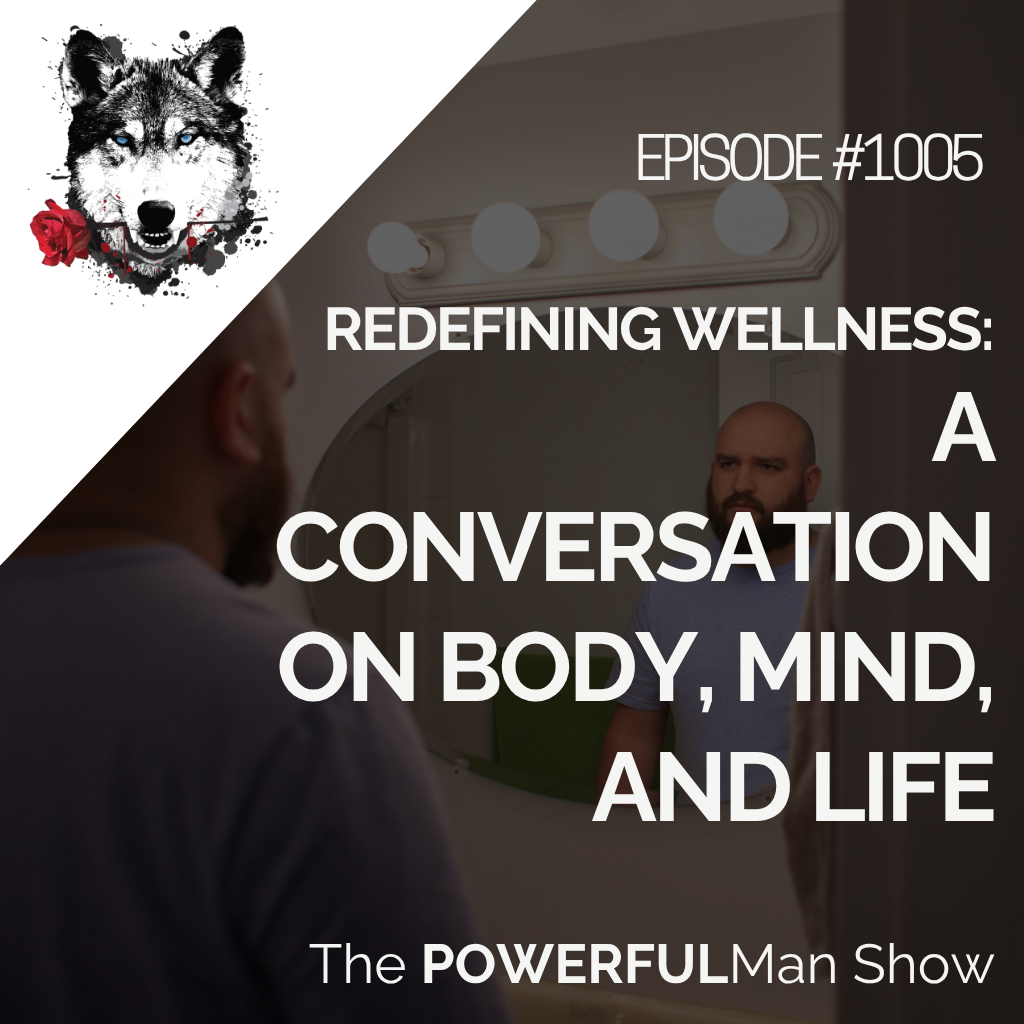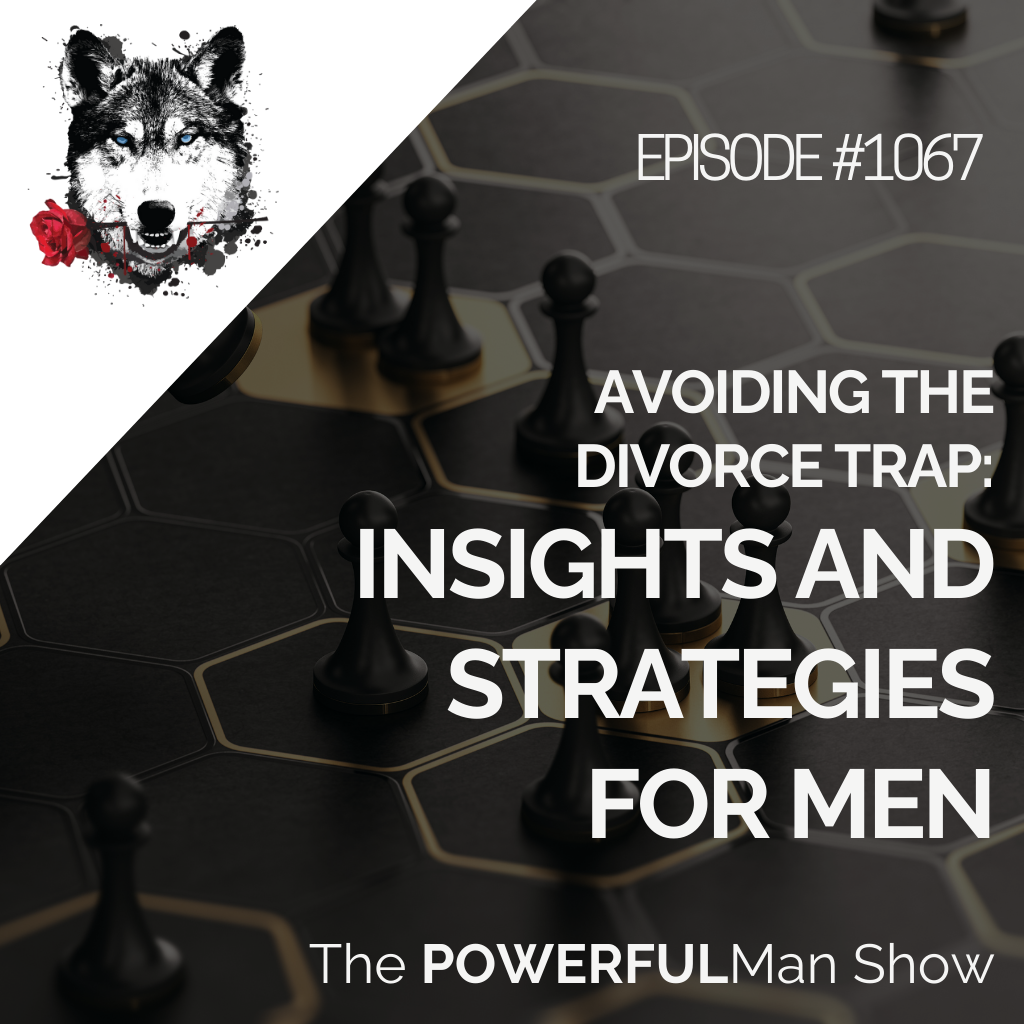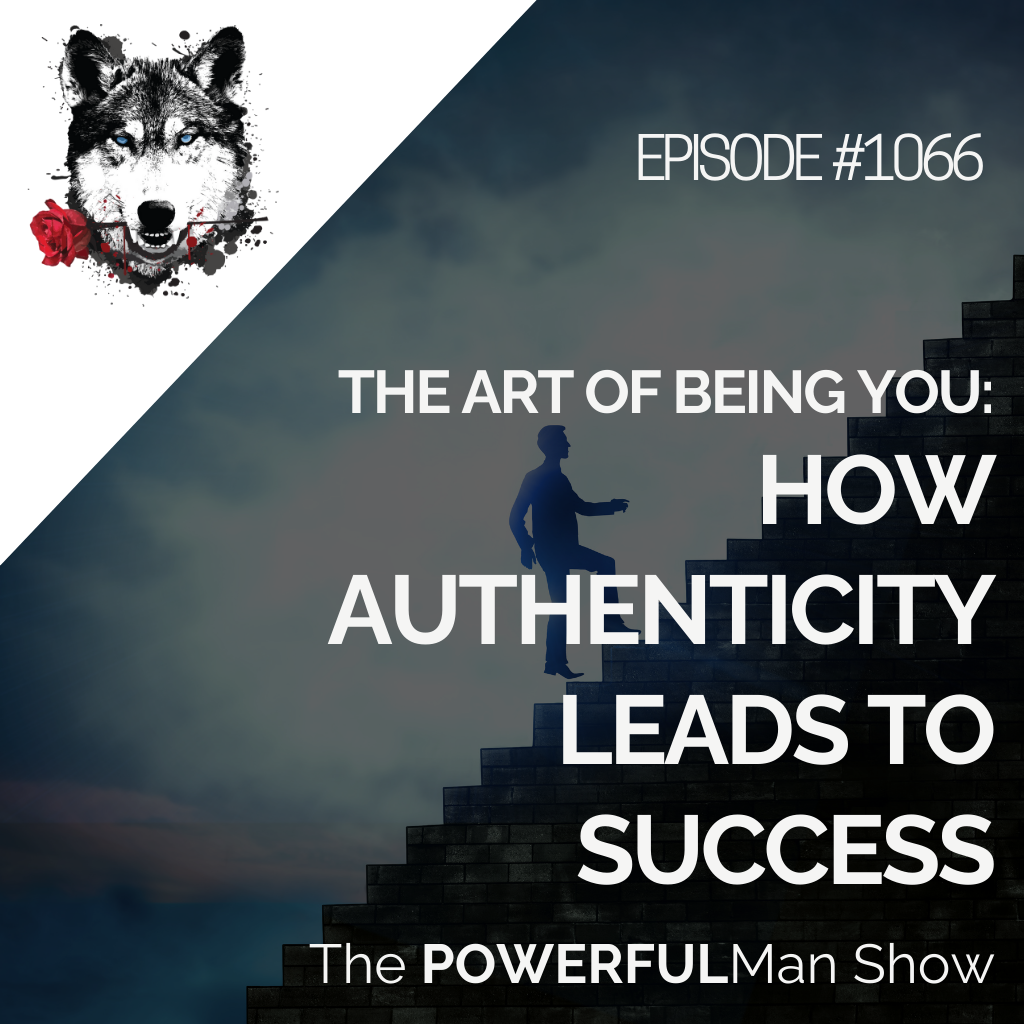Episode #1005
Most guys think getting healthy means grinding harder at the gym or forcing themselves into a strict diet. But in this conversation, we go deeper. Doug sits down with Kate Abate—performance coach, former pro bodybuilder, and gerontologist—for a raw, eye-opening look at what real wellness actually looks like for men today.
Kate works closely with men in The Powerful Man movement, and she’s seen firsthand how physical transformation is just the tip of the iceberg. From emotional eating and decision fatigue to the pressure of always being the provider, Kate breaks down what’s really holding guys back—and how to start shifting it.
This isn’t about doing more. It’s about understanding the patterns, the expectations, and the unspoken weight most men carry—and learning how to make space for yourself again.
If you’ve ever found yourself thinking, “I know what to do, I just don’t do it,” this episode will hit home.
👉 If you’re feeling stuck or know something needs to shift, start by figuring out what’s actually off. Head over to https://fixmarriage.thepowerfulman.com/scales to watch a free training that breaks it all down—what’s not working, why, and how to turn things around with clarity and direction.
Hungry for more?
Head over to our BONUS page for special access to some of the deeper tactics and techniques we’ve developed at The Powerful Man.
Also listen on:



-4.png)